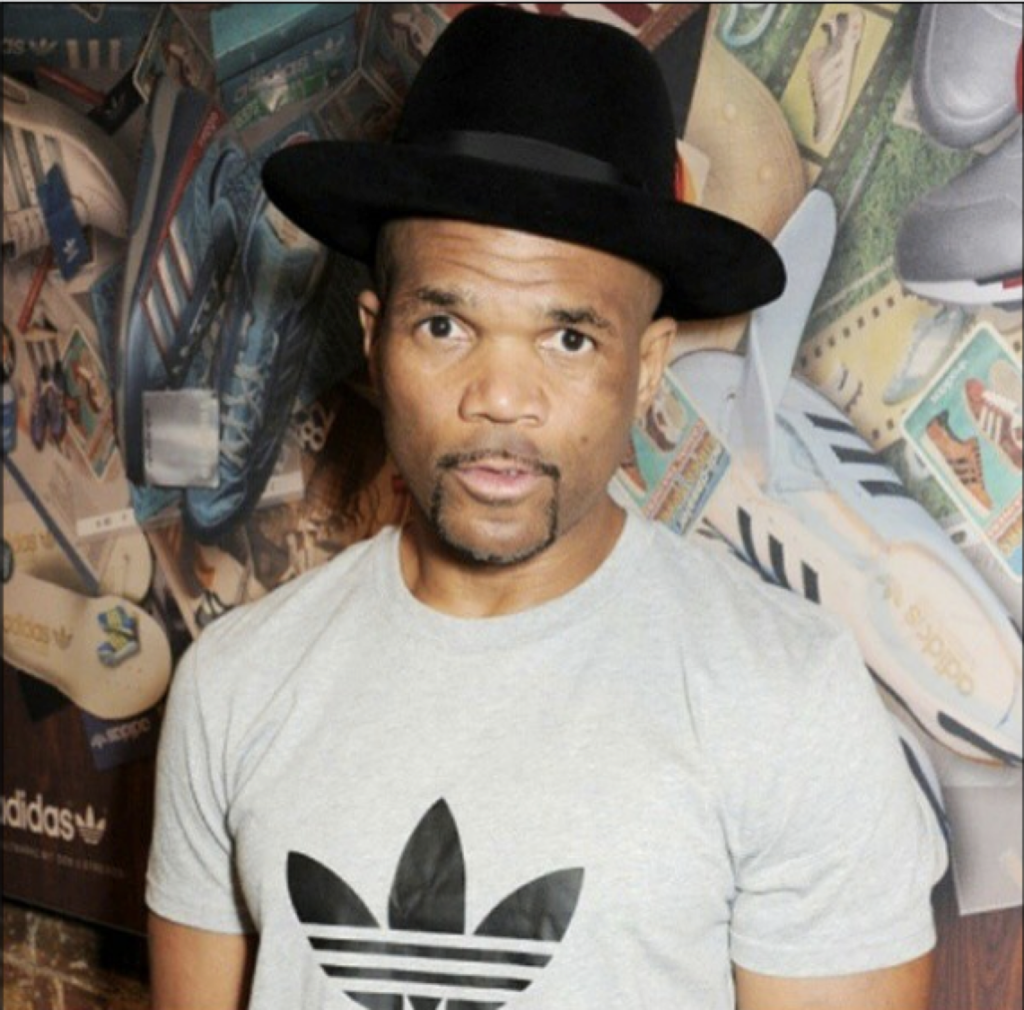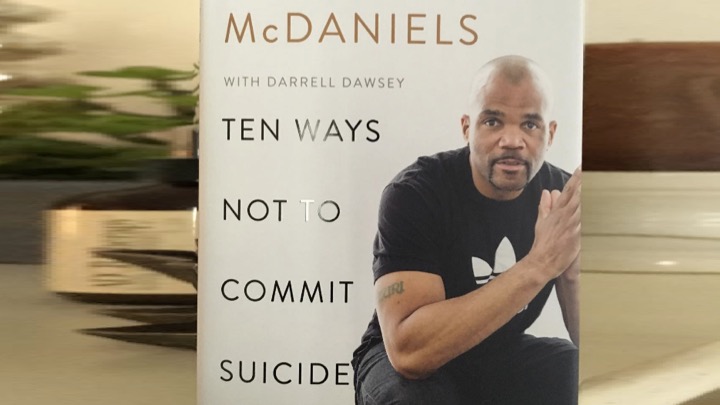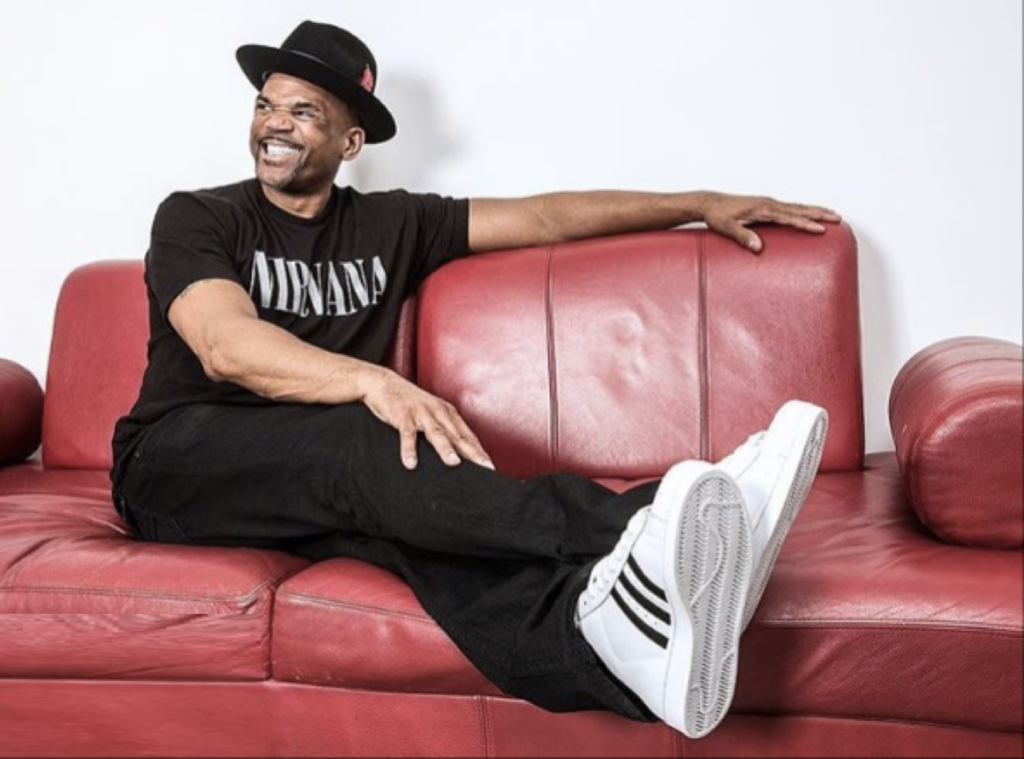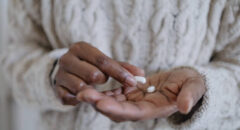
Wow. You never know what someone is going through.
Darryl McDaniels, better known as DMC in the legendary hip-hop super group, Run-DMC, has had years of hit records, sold out tours and adoration from fans from literally all over the globe. Yet, even with all that he revealed a time in his life where he was ready to end his own life.
In his new memoir, Ten Ways Not to Commit Suicide, McDaniels explains a period of his life when he was battling depression and how that depression got deeper to where he thought about committing suicide every day.
"I was probably at my suicidal worst in 1997 during a two-week-long tour in Japan. The only song I listened to then was a soft-pop ballad by Sarah McLachlan called 'Angel,'" McDaniels writes in an excerpt first published by People. "I cannot overemphasize how important that song was to me in the midst of my depression. 'Angel' kept me serene even when every fiber of my person was screaming for me to lose it [and] made me believe that I could soldier through."

McDaniels was sober at the time after struggling with alcohol addiction but found himself at a crossroads in his life. He faced an identity crisis when he lost his voice due to a condition called Spasmodic Dysphonia. The condition, which causes involuntary movements of one or more muscles of the voice box, can ultimately result in the loss of one’s voice. He was also dealing with group conflicts after Jam Master Jay was killed.
MUST SEE: Rev Run Reveals Diabetes: "What You Don't Confront You Can't Fix"
"I thought long and hard about killing myself every day in Japan. I tricked myself into thinking that my family might be better off without me. I considered jumping out of a window. I thought about going to a hardware store to buy poison to ingest. I thought about putting a gun to my temple..."
"It would be too simple to say that a song got rid of all my negative feelings. it couldn't rid me of the wounds. 'Angel' was like a life preserver tossed to me during a storm. It didn't pull me out of the water, but it did help me stay afloat until other help came along."
In 2004 he decided it was time to seek professional help and calls it one of the ”best things” any man, but especially a black man can do.
YOU MAY ALSO LIKE: Rapper Has Kidney Failure...At Only 37 Years Old!
“When I went to therapy I realized something that most men – I don’t care what race, creed, or color you are, but especially black men – I realized that therapy isn’t ‘soft’,” he stated to the media. “My saying is, ‘Therapy is gangsta.’ It actually empowered me. It allowed me to say things that I thought about, but I...
... would never want to hear myself say those things.”
According to the office of Minority Health, while Black/African Americans are less likely than white people to die from suicide as teenagers, Black/African American teenagers are more likely to attempt suicide than are white teenagers (8.3 percent v. 6.2 percent).
And that stats for adults is not much better. In 2011, 54.3 percent of adult Black/African Americans with a major depressive episode received treatment, compared with 73.1 percent of adult white Americans.

“If you don’t discuss your mental health and therapy we will keep having this unnecessary cycle of us missing signals, signs and opportunities to eradicate the mental conditions that is brought on because of a continuation of a repeated cycle,” DMC said. “And we miss the chance to fully diagnose and treat the individuals who have mental health problems. So it’s important that people talk about it.”









